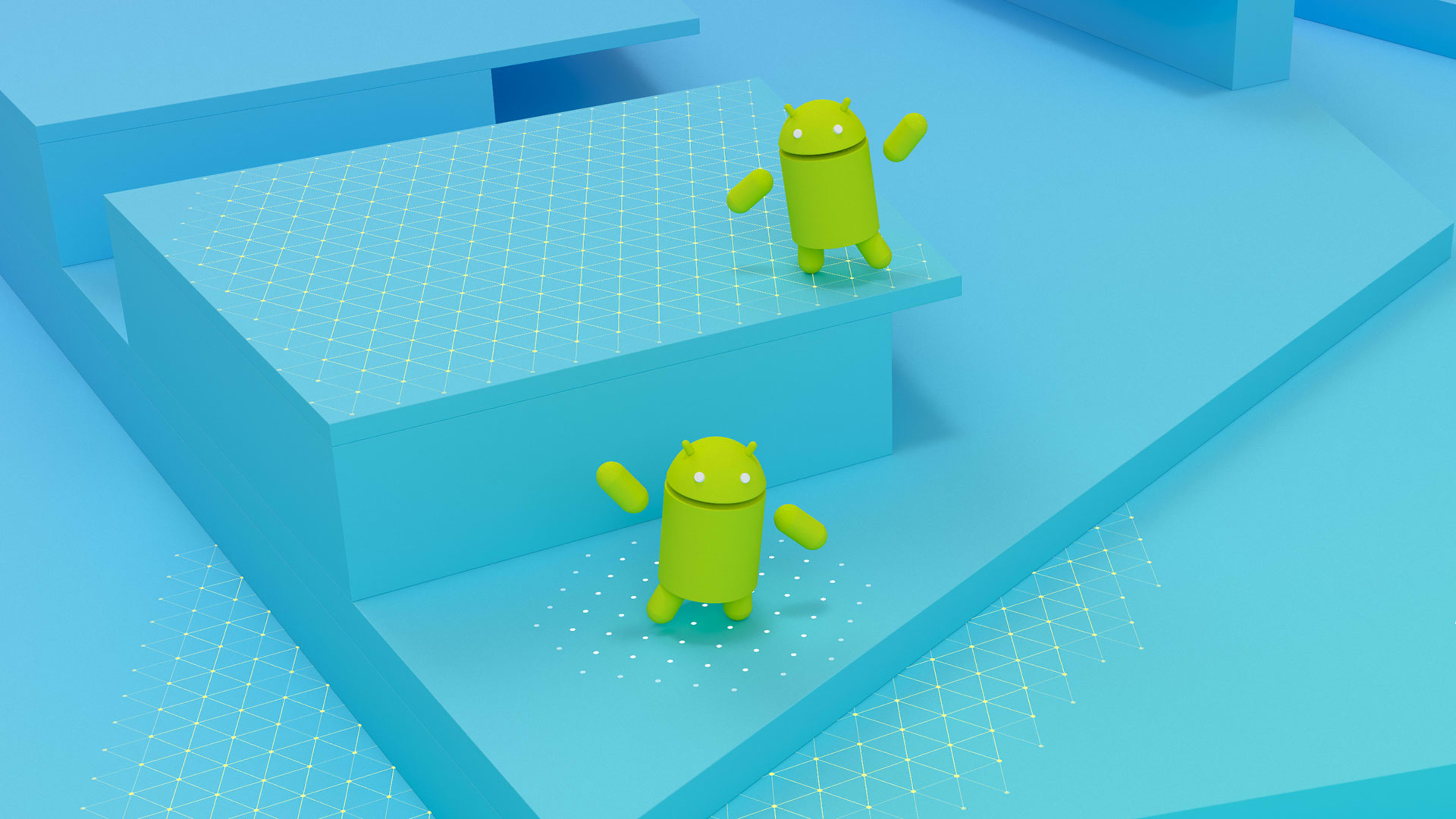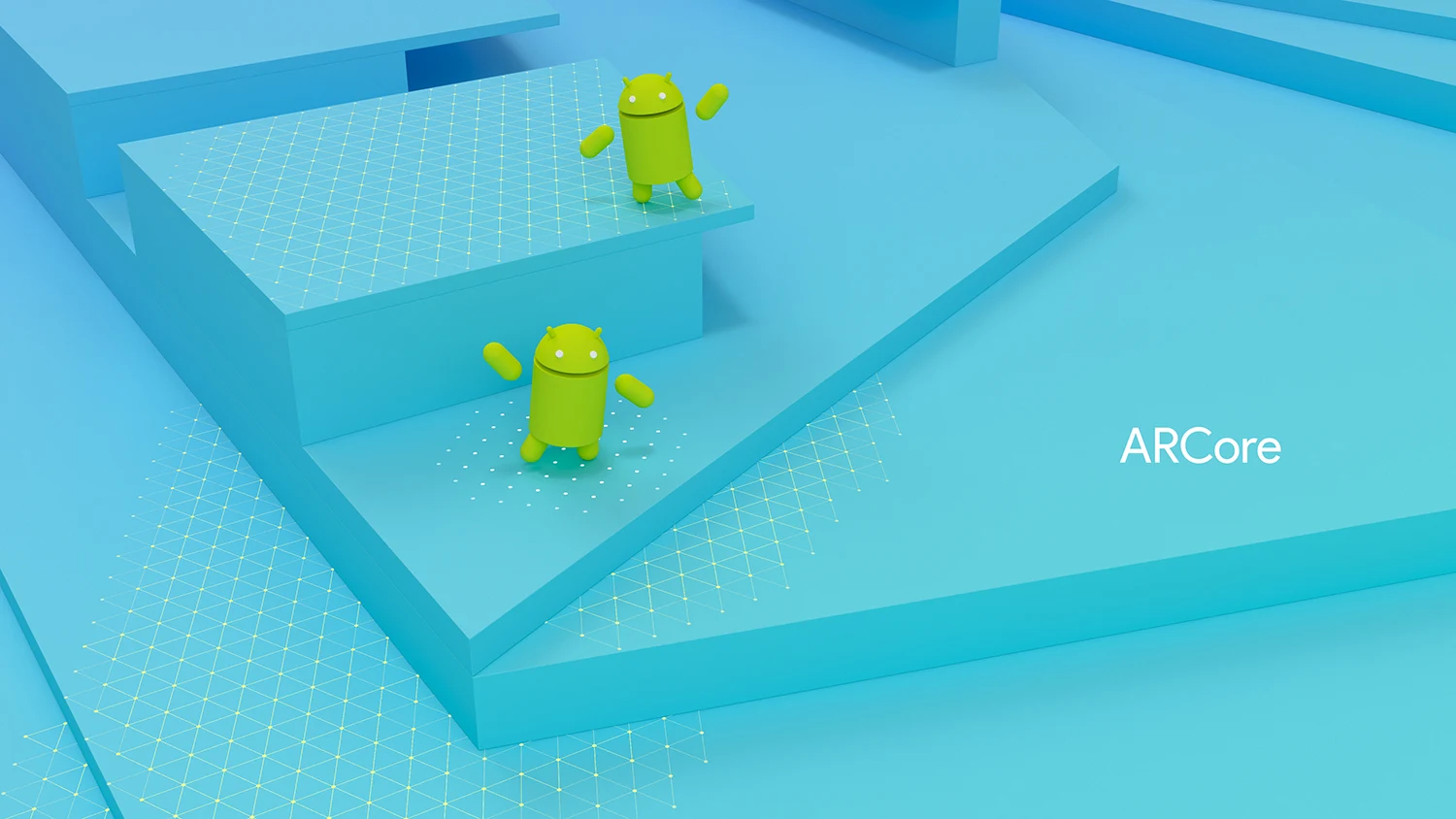Google has taken the wraps off its answer to Apple’s ARKit–a new augmented reality development platform called “ARCore.” In a blog post, the company said it’s releasing a “preview” software development kit for ARCore to Android developers today.
Google released its Tango AR platform in 2014, but AR experiences built on that platform could run only on a few phones sporting advanced sensors and cameras. With ARCore, Google says, developers can create AR apps and games that run on virtually any Android smartphone–existing and forthcoming.
“We’ve been developing the fundamental technologies that power mobile AR over the last three years with Tango, and ARCore is built on that work,” says Android Engineering VP Dave Burke in today’s blog post. Developers who have already developed on the Tango platform, Burke says, can use that experience to help them create on the ARCore platform.
ARCore games and apps will use an Android phone’s camera to determine the position and movement of the phone itself within a real-world environment. The camera will determine the location of horizontal surfaces on which to place digital objects. The camera will also measure the ambient light in a given space, so that digital objects will appear to reflect light in convincing ways.
To start with, Burke says, ARCore will run on Google’s Pixel phones, and Samsung’s S8 running 7.0 Nougat and above. It’ll run on more phones, from more OEMs, in time.
“We’re targeting 100 million devices at the end of the preview,” Burke writes (Google has not said when the end of the preview will occur). “We’re working with manufacturers like Samsung, Huawei, LG, Asus, and others to make this possible with a consistent bar for quality and high performance.”
ARCore already plays nice with AR development environments like Java/OpenGL, Unity, and Unreal AR development tools, Google says. And other integrations will follow.
“Tango was a great start, but ARCore has the potential for far greater impact,” said Vuforia president and general manager Jay Wright in an email to Fast Company. Vuforia is a popular AR development platform born within Qualcomm and sold off to PTC in 2015. “Developers should expect Vuforia to support it as part of our commitment to deliver the best possible AR experience on any device.”
ARms Race
Many were first exposed to augmented reality (AR) in 2016 with Niantic’s hit game Pokémon Go, which placed gaming animations within the real-world scenery seen through a smartphone camera lens. Apple then pushed AR further mainstream with the introduction of its ARKit development platform in 2017.
Apple declared ARKit “the biggest AR platform in the world” because the apps and experiences it creates will immediately work on hundreds of millions of iPhones already in the wild. If Google can make ARCore experiences work on all current and future Android phones, it may eventually be able to claim that its AR platform is the biggest. More Android phones are used around the world (more than 2 billion, Google says) than iPhones, after all.
But ubiquity isn’t everything. While we’ve already begun seeing some impressive ARKit experiences, ARCore experiences are yet to be seen. And, as I noted in an earlier piece, Apple may have an advantage over Google here, because it controls all the components in the smartphone that make AR work (camera, processors, motion sensors, etc.). Meanwhile, Google controls only the software operating system (Android) used in phones made by third parties like Samsung, LG, and Asus.
Recognize your brand’s excellence by applying to this year’s Brands That Matter Awards before the early-rate deadline, May 3.




